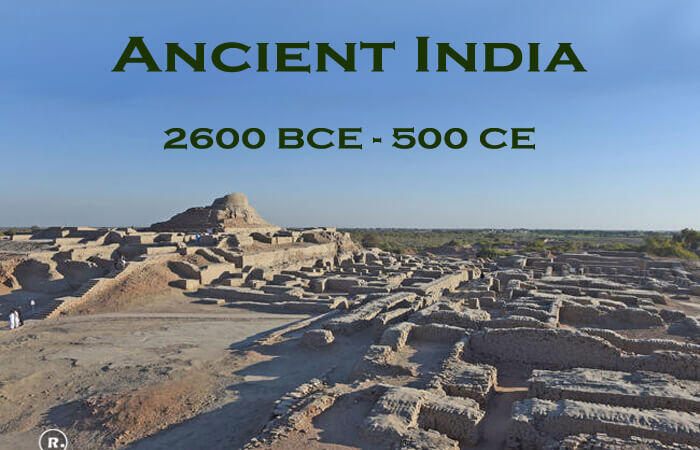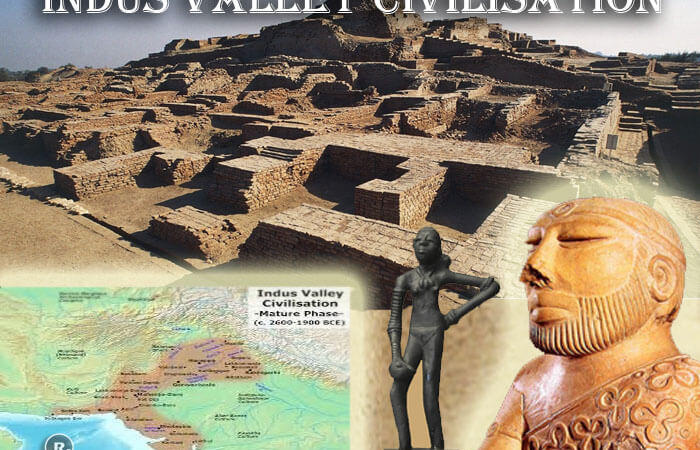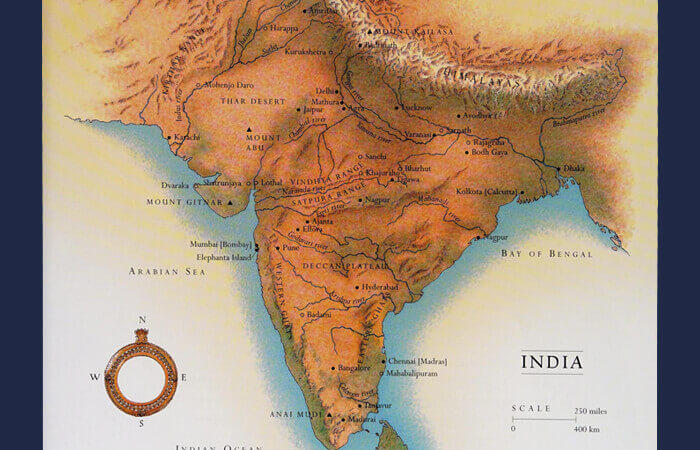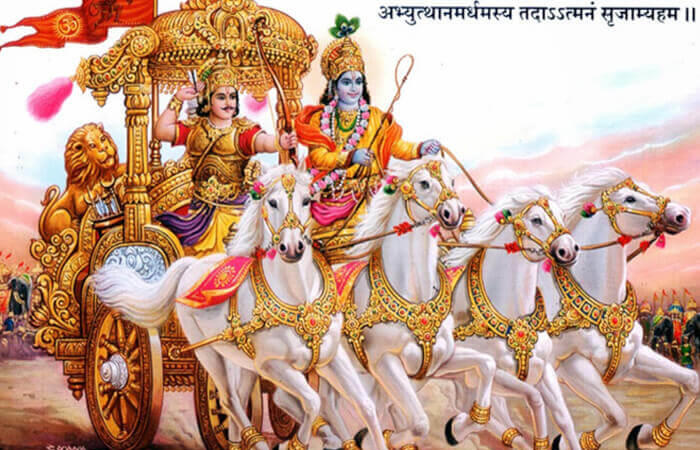Sarvepalli Radhakrishnan
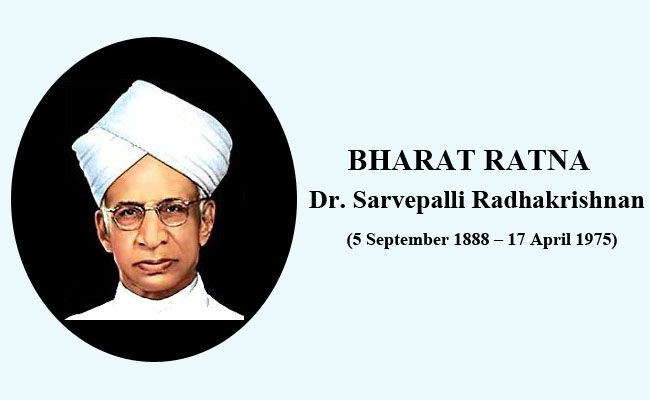
Sarvepalli Radhakrishnan (5 September 1888 – 17 April 1975) was an Indian philosopher and statesman who was the second President of India from 1962 to 1967. Prior to this, he was the first Vice President of India from 1952 to 1962.
He was one of the most distinguished twentieth-century scholars and philosophers. He earned a reputation as a bridge-builder between India and the West. He introduced the thinking of western idealist philosophers into Indian thought. He was a famous teacher and his birthday is celebrated as Teacher’s Day in India.
Early Life
Radhakrishnan was born on September 5, 1888, to a poor Telugu-speaking brahmin couple in the temple town of Tirutani, eighty km north of Madras. His ancestors had moved from the village of Sarvepalli in the middle of the 18th c. His mother Sitamma was a fiery woman.
As the second child, he was very different from his siblings – and very strong academically. As his father was poor Radhakrishnan supported most of his education through scholarships. Dr. Sarvepalli Radhakrishnan had his early education at Gowdie School, Tiruvallur, and then went to the Lutheran Mission School in Tirupati for his high school. He joined the Voorhee’s College in Vellore and later switched to the Madras Christian College.
He chooses Philosophy as his major subject and did his B.A. and M.A. in it. After completing his M.A., Sarvepalli Radhakrishnan accepted an Assistant Lectureship at the Madras Presidency College in 1909. In college, he mastered the classics of Hindu philosophy, namely the Upanishads, Bhagavad Gita, Brahmasutra, and commentaries of Sankara, Ramanuja, and Madhava.
He also acquainted himself with Buddhist and Jain philosophy and the philosophies of Western thinkers. Radhakrishnan was exposed to the Christian criticisms against Hinduism and was much influenced by the writings of Swami Vivekananda, which he often read clandestinely, along with other writings such as Savarkar’s polemical work on 1857.
Career
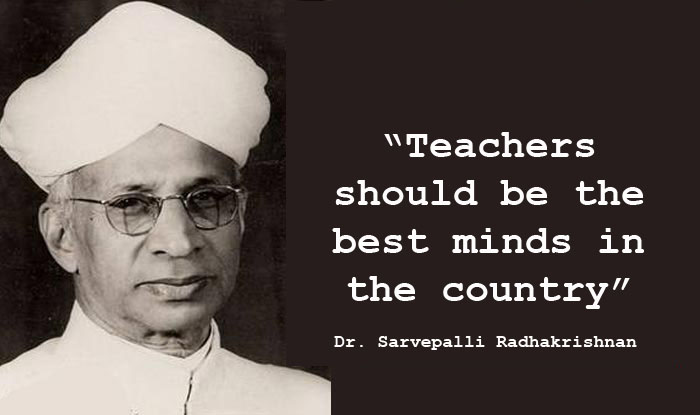
In 1918, Sarvepalli Radhakrishnan was selected as Professor of Philosophy by the University of Mysore. In 1921, Radhakrishnan was nominated as Professor of Philosophy at Calcutta University.
In 1923, Dr. Radhakrishnan’s book “Indian Philosophy” was published. The book was hailed as a “philosophical classic and a literary masterpiece.” Sarvepalli Radhakrishnan was called to Oxford University, to deliver lectures on Hindu philosophy. He used his lectures as a platform to further India’s cause for freedom.
He also argued that Western philosophers, despite all claims to objectivity, were biased by theological influences from their wider culture. He showed that Indian philosophy, once translated into standard academic jargon, is worthy of being called philosophy by Western standards. He thus placed Indian Philosophy on the world map.
Dr. Sarvepalli Radhakrishnan was elected Vice-Chancellor of the Andhra University and was later appointed as ambassador to the Soviet Union. After serving two terms as Vice-President, Sarvepalli Radhakrishnan was elected President of India in 1962. During his tenure as President India fought wars with China and Pakistan. As President, he helped see India through those trying years safely. He retired as President in 1967 and settled in Madras.
Awards and Achievements
He was awarded the Bharat Ratna in 1954 and the Order of Merit in 1963. He received the Peace Prize of the German Book Trade in 1961 and the Templeton Prize in 1975. He started Teacher’s Day in India on 5th September.
Dr. Sarvepalli Radhakrishnan died on April 17, 1975.
Famous quotes of Sarvepalli Radhakrishnan.
- When we think we know, we cease to learn.
- Spiritual life is the genius of India.
- A life of joy and happiness is possible only on the basis of knowledge.
- It is said that a man without religion is like a horse without a bridle.
- Reading a book gives us the habit of solitary reflection and true enjoyment
- Only the man of serene mind can realize the spiritual meaning of life. Honesty with oneself is the condition of spiritual integrity.
- It is not God that is worshiped but the authority that claims to speak in His name. Sin becomes disobedience to authority not a violation of integrity.

